10 Best Berberis Vulgaris Preparations
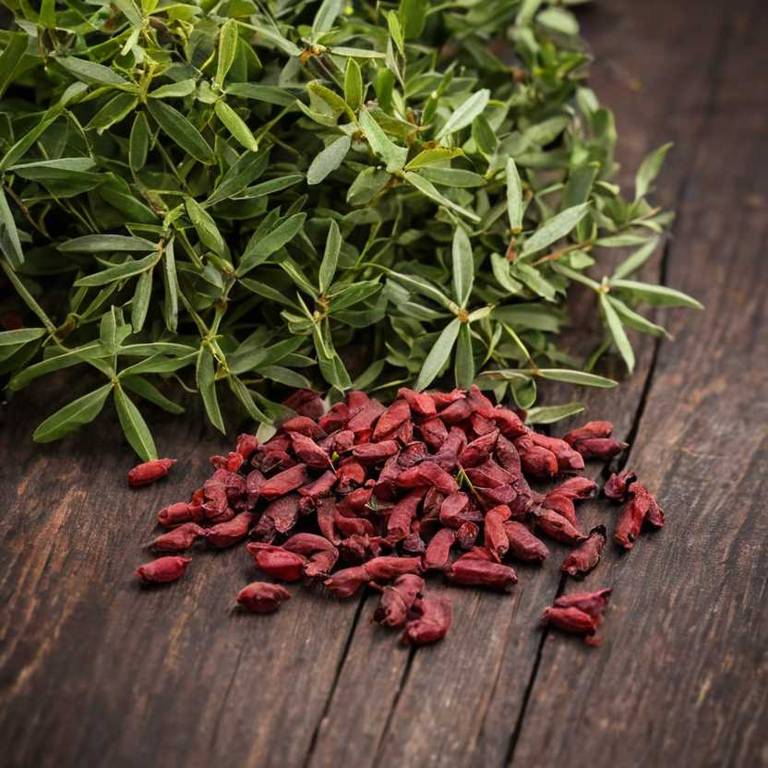
The best medicinal preparations of Berberis vulgaris are tinctures, teas, decoctions, capsules, and creams, each offering unique benefits for various health conditions.
Tinctures provide a concentrated form of the herb’s active compounds, often used for digestive and immune support.
Teas and decoctions are popular for their soothing effects and are commonly consumed to alleviate inflammation and skin conditions.
Capsules offer a convenient and standardized dosage for daily use.
Creams derived from the herb are applied topically to treat skin irritations and fungal infections.
Below there's a list of the 10 best herbal preparations of berberis vulgaris for medicinal purposes.
1. Tinctures
Berberis vulgaris tinctures is commonly used to treat gastrointestinal disorders, infections, and inflammatory conditions.
These tinctures are often employed for ailments such as diarrhea, urinary tract infections, and skin infections due to their antimicrobial and anti-inflammatory properties. The most common medicinal uses include alleviating symptoms of digestive issues, reducing inflammation, and supporting immune function. The bioactive constituents responsible for these effects include berberine, which has antimicrobial, anti-inflammatory, and antioxidant properties.
Additionally, other compounds such as berberine, hydrastine, and berberine derivatives contribute to the therapeutic benefits of the tincture.
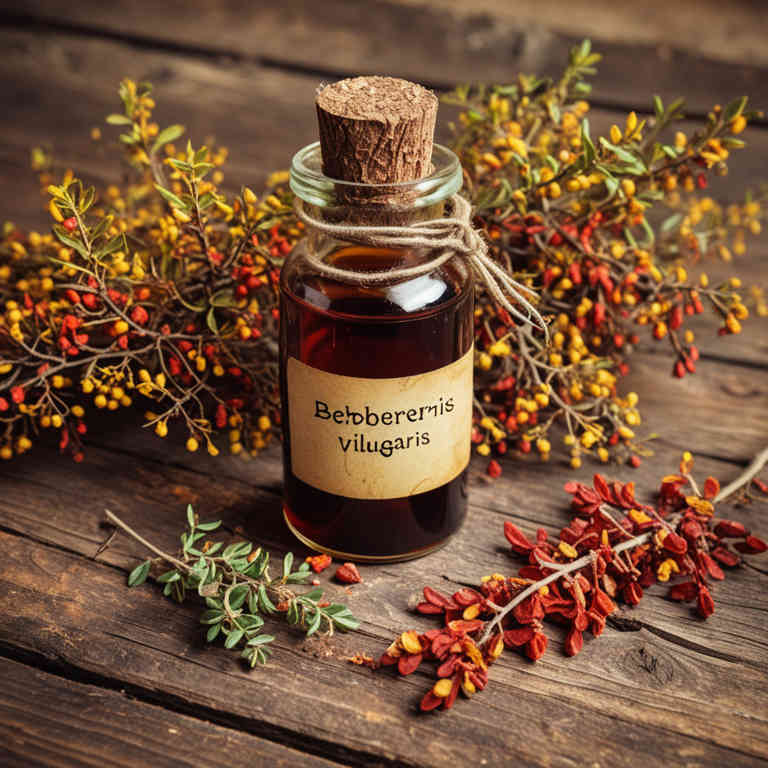
3. Decoctions
Berberis vulgaris decoctions is commonly used to treat a variety of gastrointestinal and inflammatory conditions.
This herbal preparation is often employed for its antimicrobial, anti-inflammatory, and antidiarrheal properties. It is traditionally used to alleviate symptoms of dysentery, cholera, and other intestinal infections. The bioactive constituents responsible for its medicinal effects include berberine, berberine chloride, and other alkaloids.
These compounds exhibit broad-spectrum antimicrobial activity and help reduce inflammation and improve digestive health.
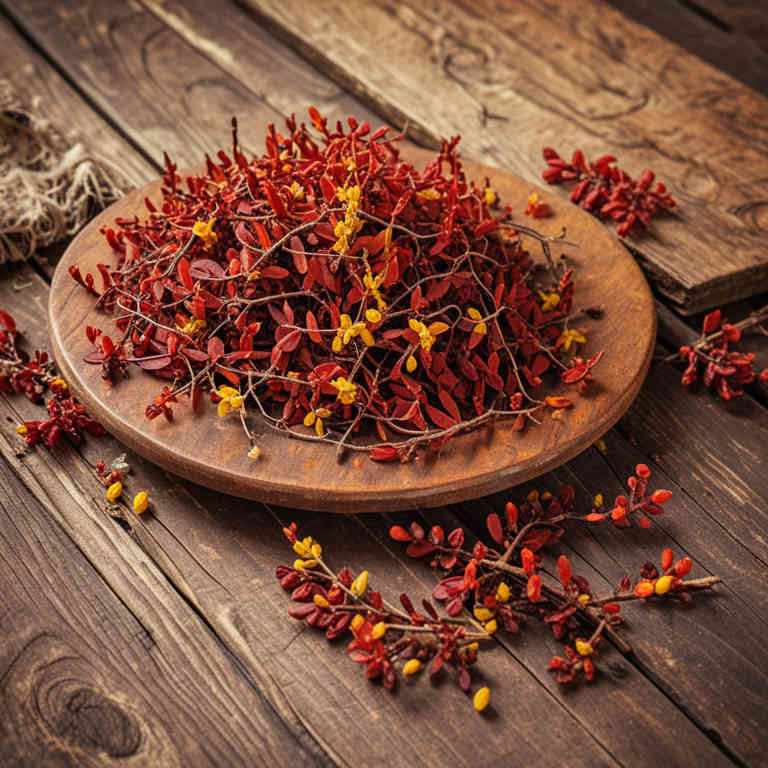
4. Capsules
Berberis vulgaris capsules is commonly used to treat a variety of gastrointestinal and inflammatory conditions.
The most common medicinal uses include alleviating symptoms of diarrhea, inflammation of the urinary tract, and skin infections. It is also used for its antimicrobial and anti-inflammatory properties. The bioactive constituents responsible for these effects include berberine, which has been shown to possess antimicrobial, anti-inflammatory, and antioxidant properties.
Additionally, other compounds such as berberine, phytoconstituents, and alkaloids contribute to its therapeutic effects.

5. Creams
Berberis vulgaris creams is commonly used to treat skin conditions and inflammatory disorders due to the presence of active compounds in the plant.
These creams are frequently applied for ailments such as eczema, psoriasis, and fungal infections like athlete's foot. The most common medicinal uses include reducing inflammation, soothing skin irritation, and combating bacterial and fungal infections. The bioactive constituents responsible for these effects include berberine, which has antimicrobial and anti-inflammatory properties, as well as other alkaloids and phytochemicals that contribute to the plant's therapeutic value.
These compounds work synergistically to provide the cream with its healing and protective benefits.
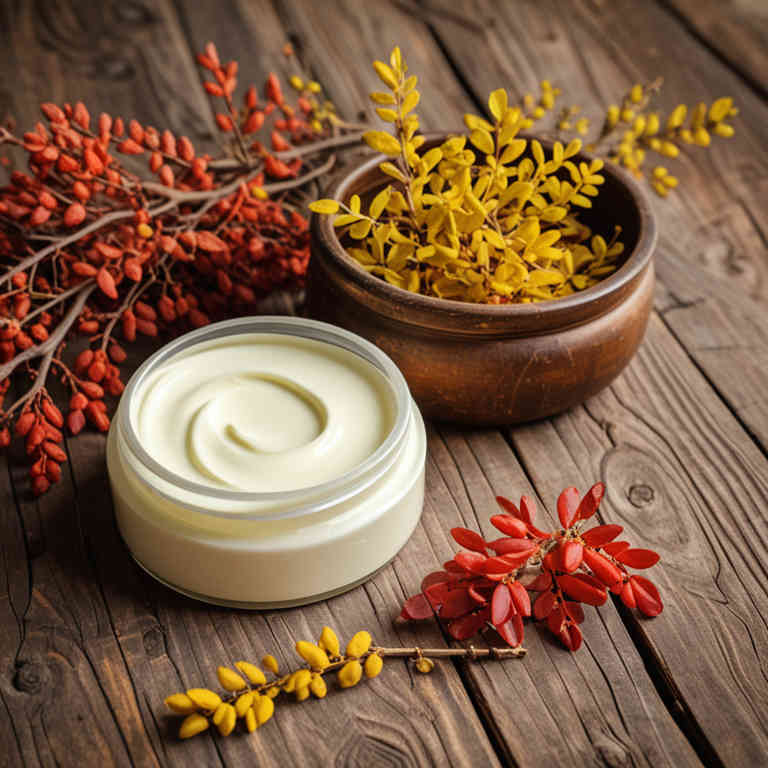
6. Syrups
Berberis vulgaris syrups is commonly used to treat digestive issues, inflammation, and infections due to its potent medicinal properties.
The most common ailments addressed by this preparation include gastrointestinal disorders such as diarrhea, inflammatory conditions like arthritis, and bacterial infections due to its antimicrobial effects. The bioactive constituents responsible for these therapeutic effects include berberine, an isoquinoline alkaloid, which exhibits antimicrobial, anti-inflammatory, and antidiarrheal properties. Additionally, other compounds such as berberine, hydrastine, and palmatine contribute to its broad spectrum of health benefits.
These active components work synergistically to enhance the overall efficacy of the herbal syrup in supporting various health conditions.
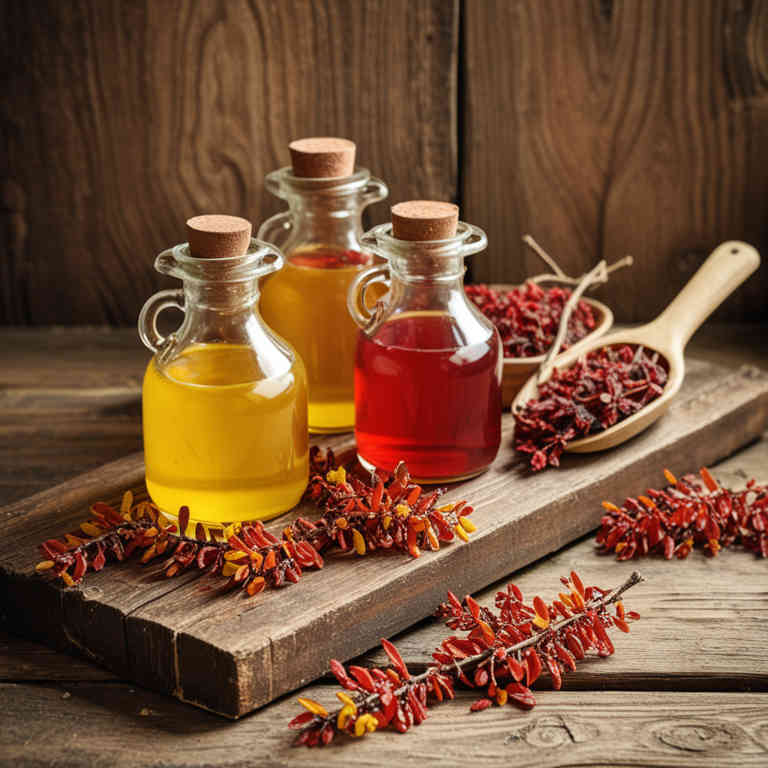
7. Lozenges
Berberis vulgaris lozenges is commonly used to treat respiratory and oral infections due to their antimicrobial and anti-inflammatory properties.
These lozenges are often used for conditions such as sore throat, tonsillitis, and coughs. The bioactive constituents responsible for these effects include berberine, berbamine, and berberastine, which have been shown to possess antimicrobial, anti-inflammatory, and immunomodulatory activities. Additionally, they may help reduce inflammation in the throat and inhibit the growth of bacteria and fungi.
Berberis vulgaris lozenges are also sometimes used to support digestive health and manage conditions like diarrhea.
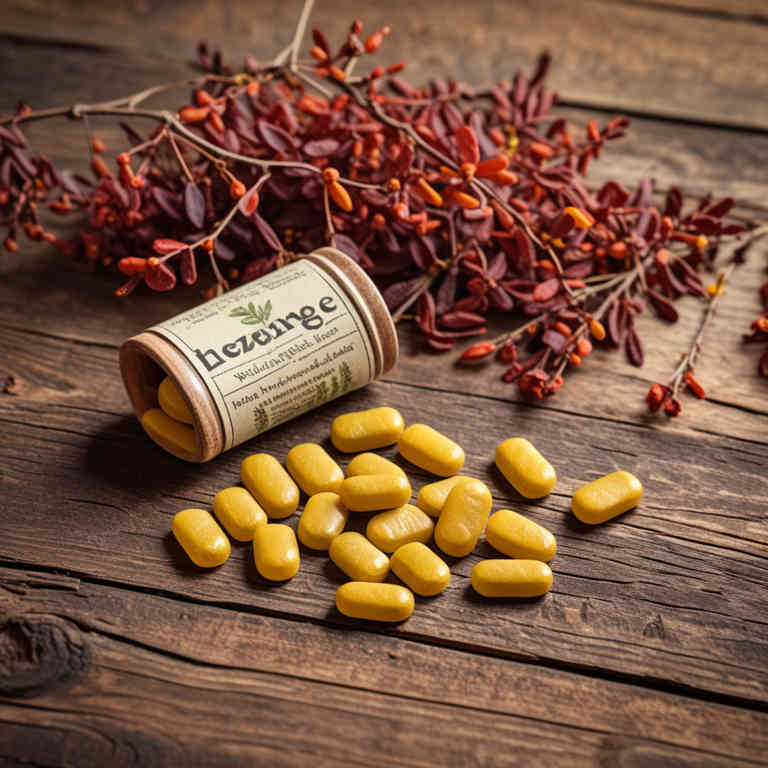
8. Oinments
Berberis vulgaris oinments is commonly used to treat skin infections, inflammation, and wounds due to its antimicrobial and anti-inflammatory properties.
These oinments are frequently applied topically to address conditions such as eczema, psoriasis, and fungal infections. The most common medicinal uses include relieving symptoms of skin irritations, reducing redness and swelling, and promoting healing of minor cuts and abrasions. The bioactive constituents responsible for these effects include berberine, which has antimicrobial and anti-inflammatory actions, as well as other alkaloids and phytochemicals that contribute to its therapeutic value.
These compounds work synergistically to enhance the ointment's effectiveness in treating various dermatological issues.

9. Oils
Berberis vulgaris oils is commonly used to treat digestive issues, skin infections, and inflammation due to its antimicrobial and anti-inflammatory properties.
The most common medicinal uses include alleviating symptoms of gastrointestinal disorders like diarrhea, managing skin conditions such as eczema and psoriasis, and reducing inflammation in conditions like arthritis. The bioactive constituents responsible for these effects include berberine, which has antimicrobial and hypoglycemic properties, and other alkaloids that contribute to its anti-inflammatory and analgesic effects. Additionally, the oils contain flavonoids and essential oils that enhance its therapeutic benefits.
These compounds work synergistically to provide the plant's wide range of medicinal applications.

10. Juices
Berberis vulgaris juices is commonly used to treat digestive disorders, skin infections, and inflammation due to its antimicrobial and anti-inflammatory properties.
The most common medicinal uses include alleviating symptoms of diarrhea, treating urinary tract infections, and managing skin conditions such as eczema and psoriasis. The bioactive constituents responsible for these effects include berberine, an alkaloid with potent antimicrobial and antioxidant activity, as well as other compounds like phytoconstituents that contribute to its therapeutic value. These components work synergistically to support gut health and reduce inflammatory responses in the body.
Overall, Berberis vulgaris juices has been traditionally valued for its broad-spectrum health benefits.
